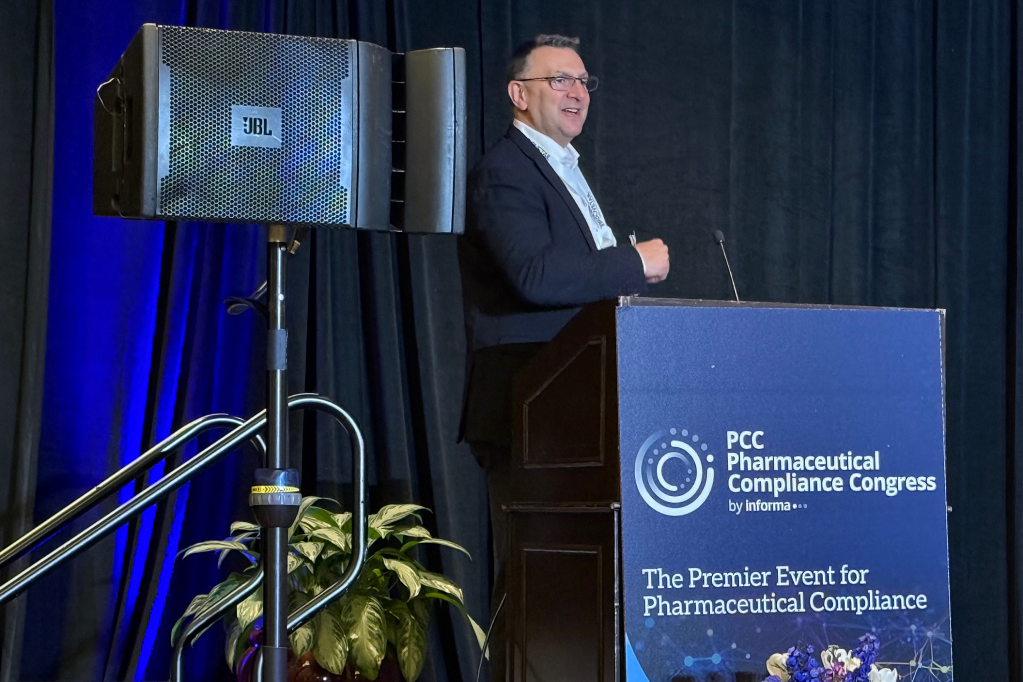The UK’s financial services regulator has recently highlighted an urgent need for wholesale brokers to strengthen their anti-money-laundering (AML) frameworks.
These brokers play a crucial role in keeping the wheels of our financial services sector revolving, facilitating large-scale financial transactions between institutional clients such as banks, investment funds and corporate finance firms.
However, in a new review the FCA said there were significant gaps in the effectiveness of controls deployed against illicit financial flows through the UK’s capital markets. While some firms demonstrated good practices in financial crime prevention, the FCA said that as a whole the industry must adopt more rigorous measures to mitigate risks and prevent the infiltration of tainted capital.
For lawyers and professionals specialising in counter-fraud, anti-money-laundering and asset recovery activities, this review underscores the need to reassess and enhance internal controls to comply with ever-evolving regulatory expectations.
Key vulnerabilities
In its review, the FCA engaged with industry bodies and law enforcement agencies, to try and identify best practice and the challenges brokers face in complying with financial crime regulations. It found that while some firms have implemented effective measures, others have failed to fully address key vulnerabilities, particularly in customer risk assessments and transaction monitoring.
One of the primary concerns the review found was that many brokers lacked sufficient documentation in their customer risk assessments, with some firms categorizing clients as low risk without adequate justification. Some did so without properly considering other risk factors. This raised significant concerns regarding the robustness of AML processes at these firms, especially when onboarding clients through non-British subsidiaries.
In our own recent experience, we’ve found KYC (know your customer) and due diligence checks to be more and more problematic when using open source information to check on potential clients. Especially as we’d previously decided not to search the dark web, for security reasons.
To this end, we invested in a system that routinely searches a client’s details and within minutes produces confirmation over whether they are or are not a politically exposed person (PEP) or a sanctioned individual. The system has also proved valuable in researching our targets, as it accesses innumerable proprietary databases as well as scrapes the dark web.
For more detailed digging, the system takes between five to seven days for a full check. This service, and the report it produces, is easy for a client to read and understand and in many instances spawns new lines of enquiry. It is early days, but we are pleased with the system, both as a vetting and as an investigative tool. The peace of mind it brings for our regulatory tasks is invaluable.
Financial crime training
Meanwhile, the FCA review also identified that firms are increasing their financial crime training. This is becoming more common across the sector, it said. However, it seems that several firms have failed to tailor their training programmes to the specific business models and risks of their operations.
The FCA is right to highlight this latter failing, as this type of training must be targeted at role- and business-specific tasks. Fraud and financial crime are diverse in nature, and the effectiveness of any training is limited if it is too wide, too generic and too unfocused.
For legal professionals working in the counter-fraud and anti-money-laundering fields, the FCA’s findings provide a clear directive: firms must bolster their compliance programs to align with the regulator’s expectations (and hence our own firm’s investment in this area).
More broadly, it is important to stay ahead of the regulatory curve by ensuring that all financial crime controls are appropriately tailored, documented and integrated across a business.
The financial services industry must navigate an increasingly complex regulatory environment. With growing regulatory scrutiny, firms that fail to meet these expectations may face enforcement actions and reputational damage.
For lawyers and compliance professionals, the message is unequivocal: ensuring robust financial crime compliance is not just a legal obligation, but an essential component of maintaining public trust in our professions.
Tony McClements is head of Investigations at MKS Law, an international asset recovery and commercial litigation practice headquartered in the British Virgin Islands.


















